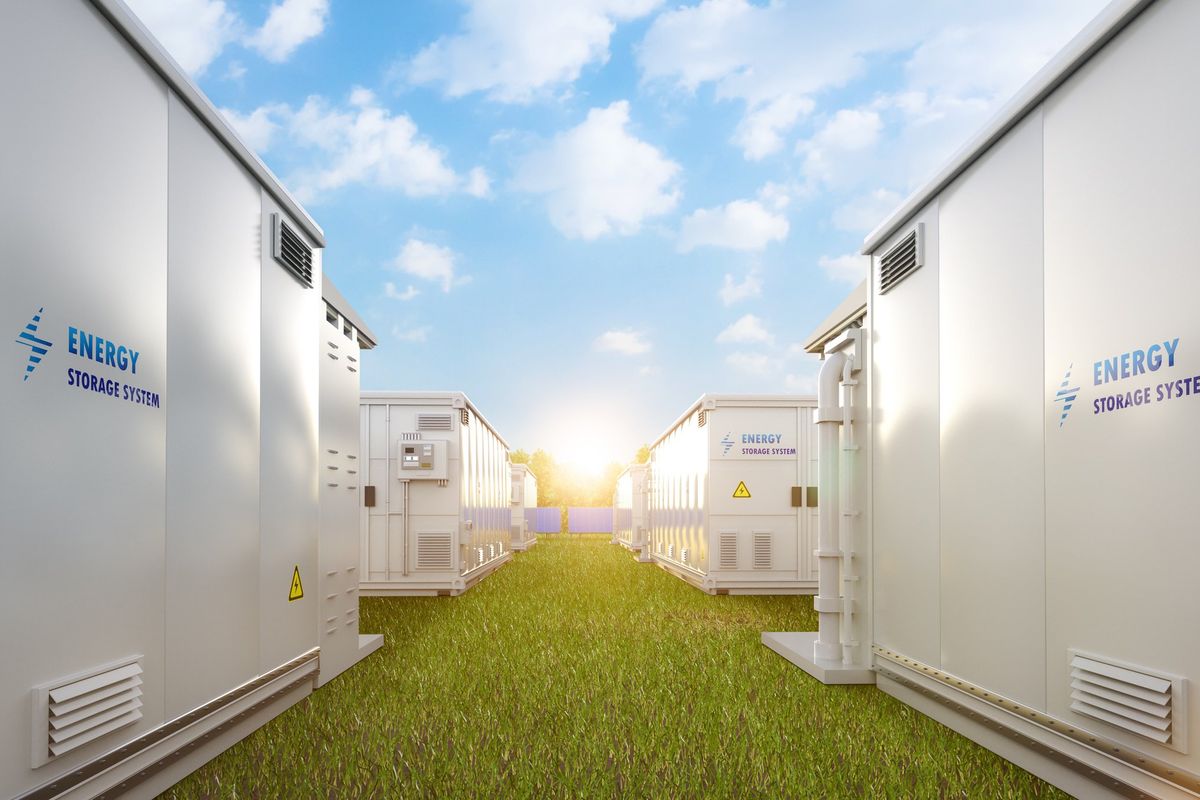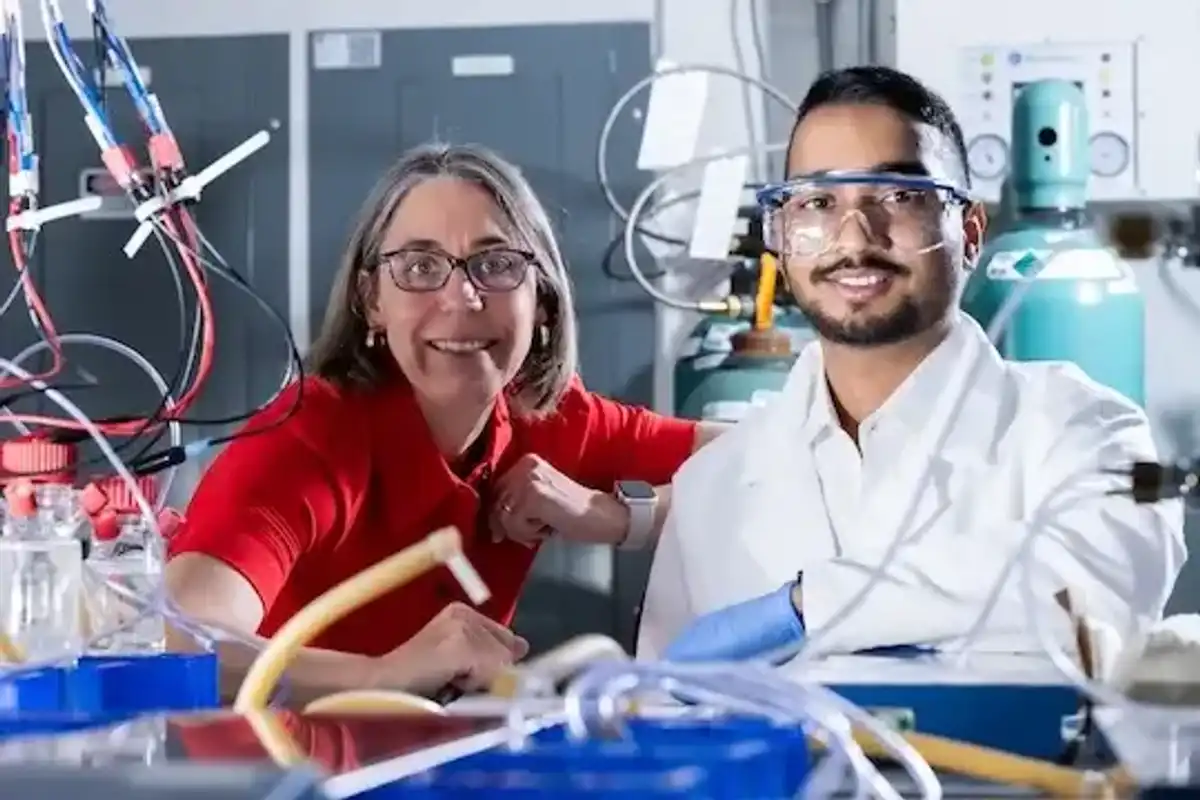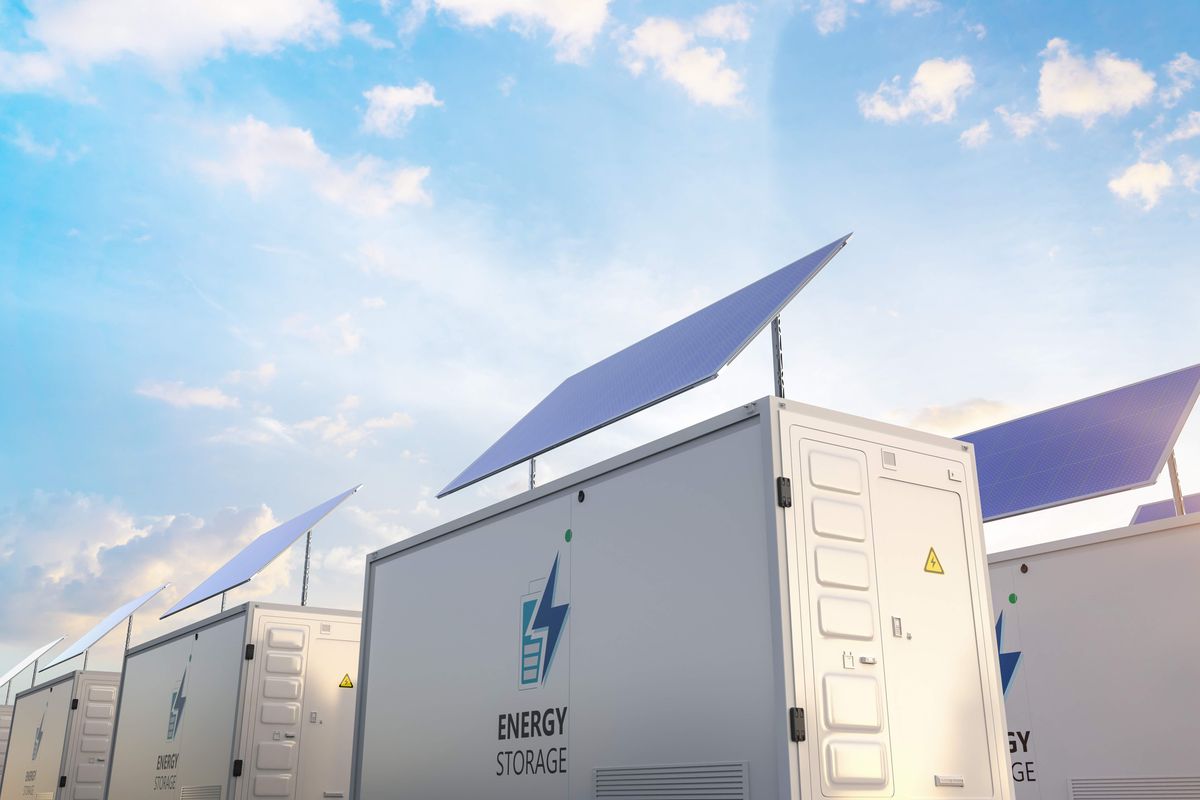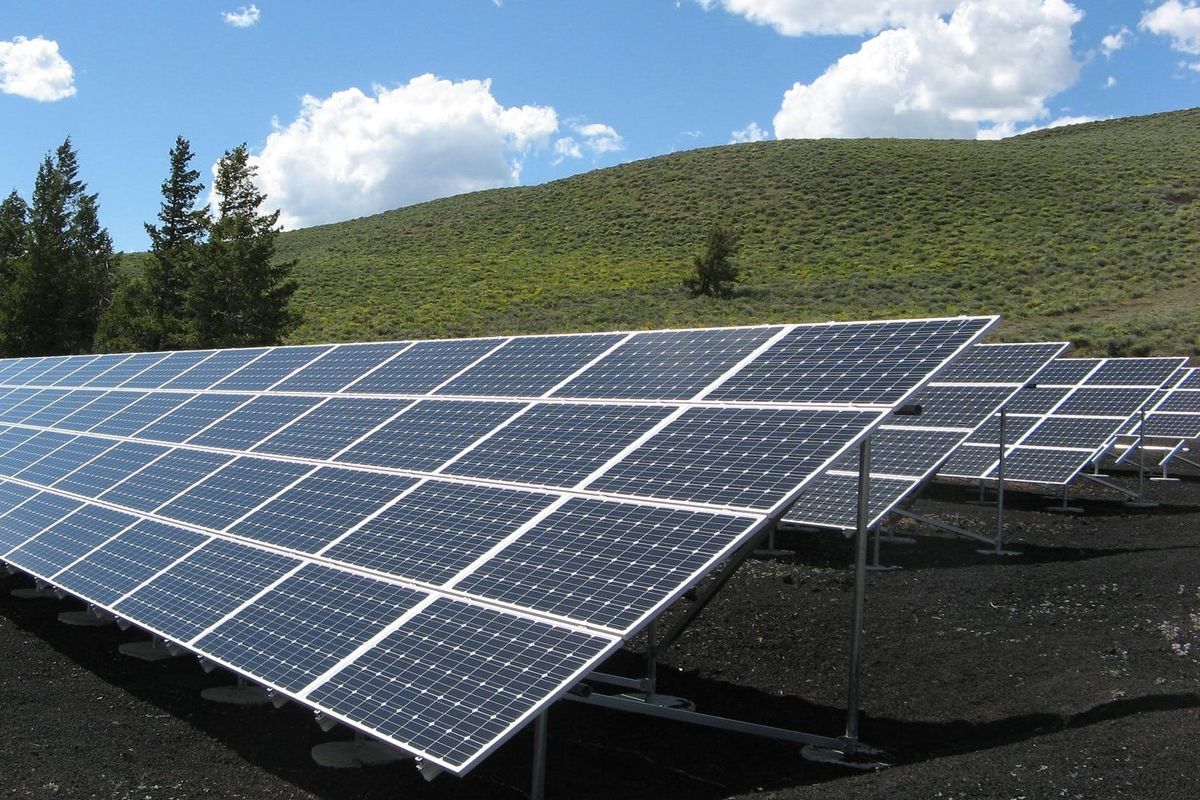Hot Topics
$135M battery facility breaks ground in Houston and more energy news to know
Editor's note: We're looking back at the hottest EnergyCapitalHTX stories from the second half of May 2025. Our most-read stories from May 16-30 include large-scale battery storage developments, collaborations with major brands, and a scientific breakthrough.
$135 million Houston battery storage facility breaks ground

SMT Energy, CenterPoint and Irby Construction have broken ground on a 160-megawatt battery energy storage system in ERCOT's Houston zone. Photo via Getty Images
SMT Energy and CenterPoint Energy have partnered with utility infrastructure solutions provider Irby Construction Company to break ground on a 160 megawatt battery energy storage system (BESS) located in the Houston zone of the ERCOT market.
“We are proud to be underway and deliver this grid-strengthening project to Houston,” Kevin Midei, SVP of engineering, procurement and construction, at SMT Energy, said. Continue reading.
Houston researchers make breakthrough on electricity-generating bacteria

A team of Rice researchers, including Caroline Ajo-Franklin and Biki Bapi Kundu, has uncovered how certain bacteria breathe by generating electricity. Photo by Jeff Fitlow/Rice University.
New research from Rice University that merges biology with electrochemistry has uncovered new findings on how some bacteria generate electricity.
Led by Caroline Ajo-Franklin, a Rice professor of biosciences and the director of the Rice Synthetic Biology Institute, the team published its findings in the journal Cell in April. The report showed how some bacteria use compounds called naphthoquinones, rather than oxygen, to transfer electrons to external surfaces in a process known as extracellular respiration. In other words, the bacteria are exhale electricity as they breathe. Continue reading.
Ultra-fast EV charging bays coming to Waffle House locations in Texas and beyond

bp pulse plans to install a network of DC fast chargers at Waffle House locations in Texas, Georgia and Florida. Photo via Getty Images.
Scattered, smothered and ... charged? Starting next year, EV drivers can connect to ultra-fast charging stations at select Waffle House locations throughout Texas, courtesy of bp pulse.
The EV arm of British energy giant bp announced a strategic partnership with the all-day breakfast chain. The company aims to deploy a network of 400kW DC fast chargers and a mix of CCS and NACS connectors at Waffle House locations in Texas, Georgia, Florida, and other restaurants in the South. Continue reading.
Engie partners on major Texas, California battery storage portfolio

Engie and CBRE are partnering up. Photo via Getty Images
Houston’s Engie North America has partnered with New York-based CBRE Investment Management on a 2.4-gigawatt portfolio of battery storage assets in Texas and California.
The portfolio consists of 31 projects operating in the Electric Reliability Council of Texas (ERCOT) and California Independent System Operator (CAISO) territories. According to a company statement, the transaction represents one of Engie’s largest operating portfolio partnerships in the U.S. Continue reading.
Houston renewables developer and Google agree to second solar collaboration

Google will soon be able to pull from energyRe’s portfolio of more than 600 megawatts of new solar and solar storage projects in South Carolina. Photo via Pixabay
EnergyRe, a developer of large-scale renewable energy projects with headquarters in Houston and New York, has signed a renewable energy agreement that will allow Google to invest in and purchase renewable energy credits (RECs) from its projects under development in South Carolina.
Google will be able to pull from energyRe’s portfolio of more than 600 megawatts of new solar and solar storage projects in the state. Continue reading.





